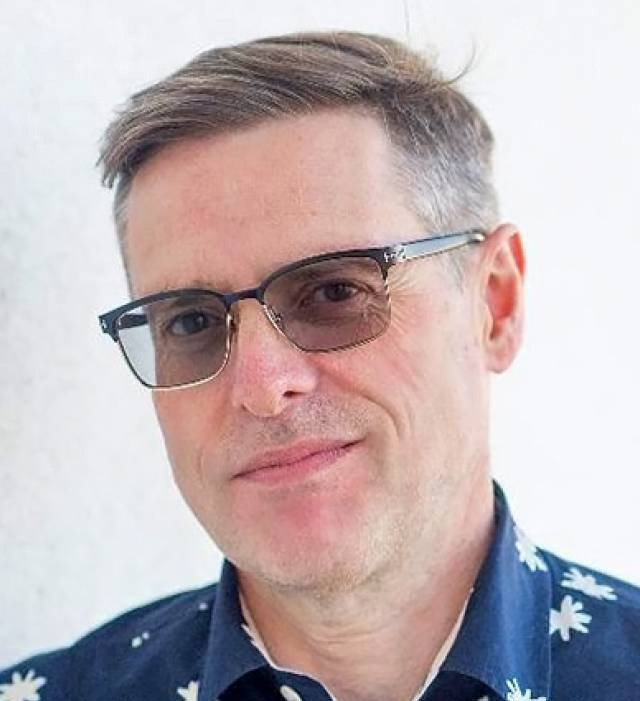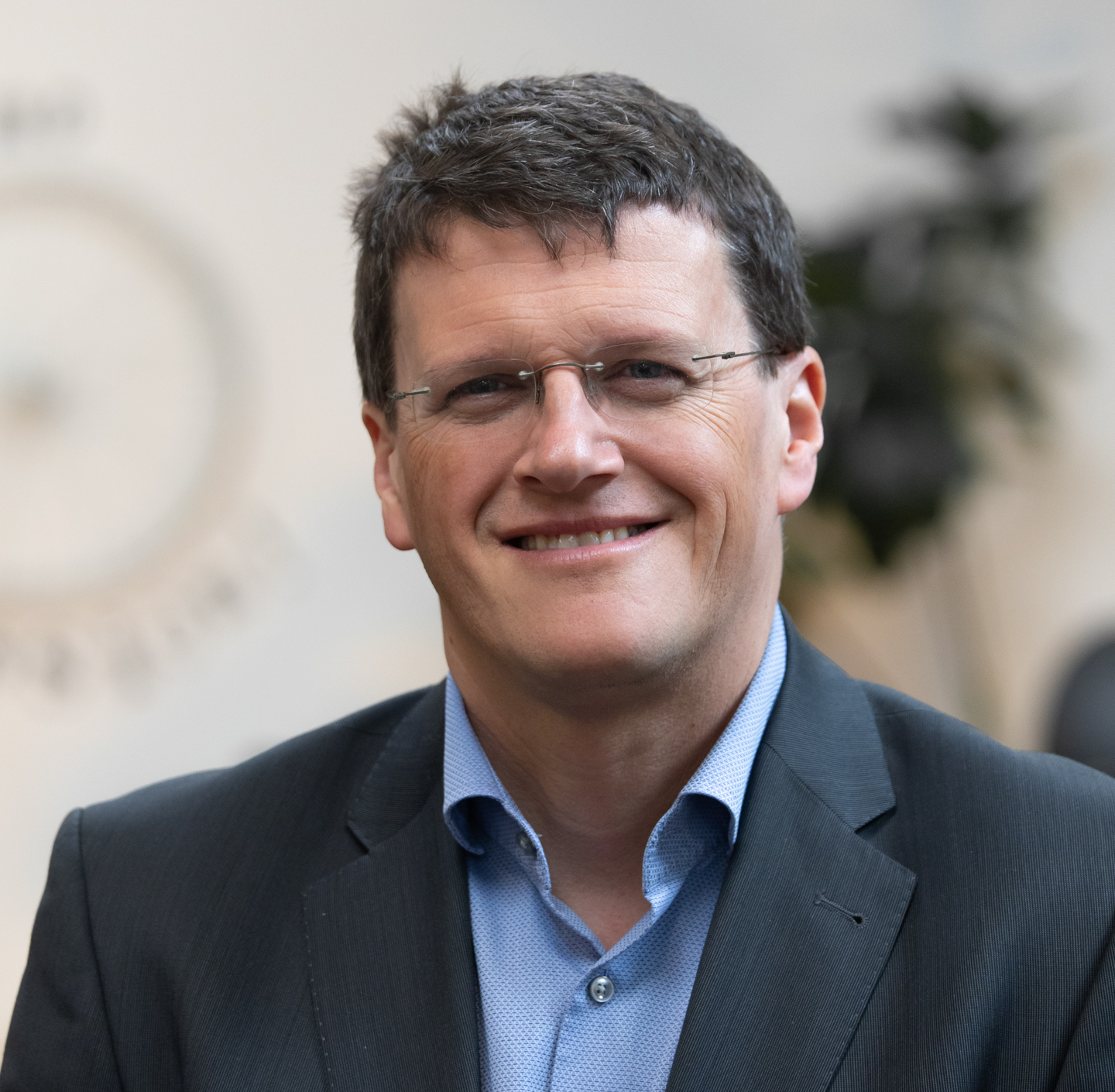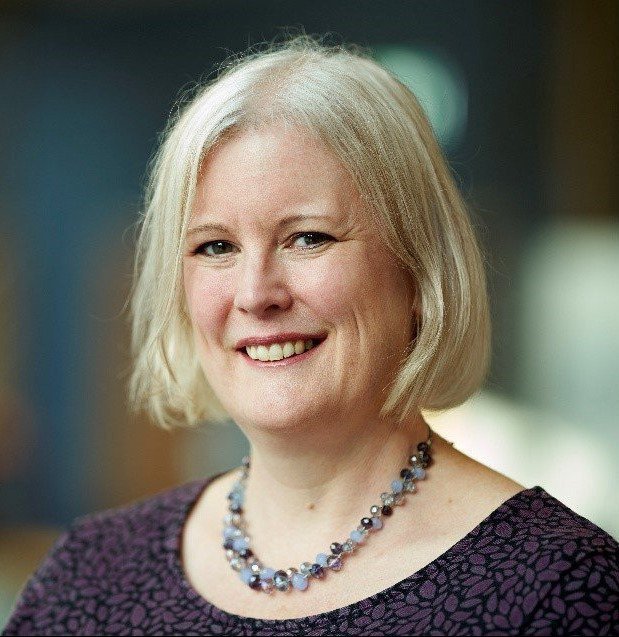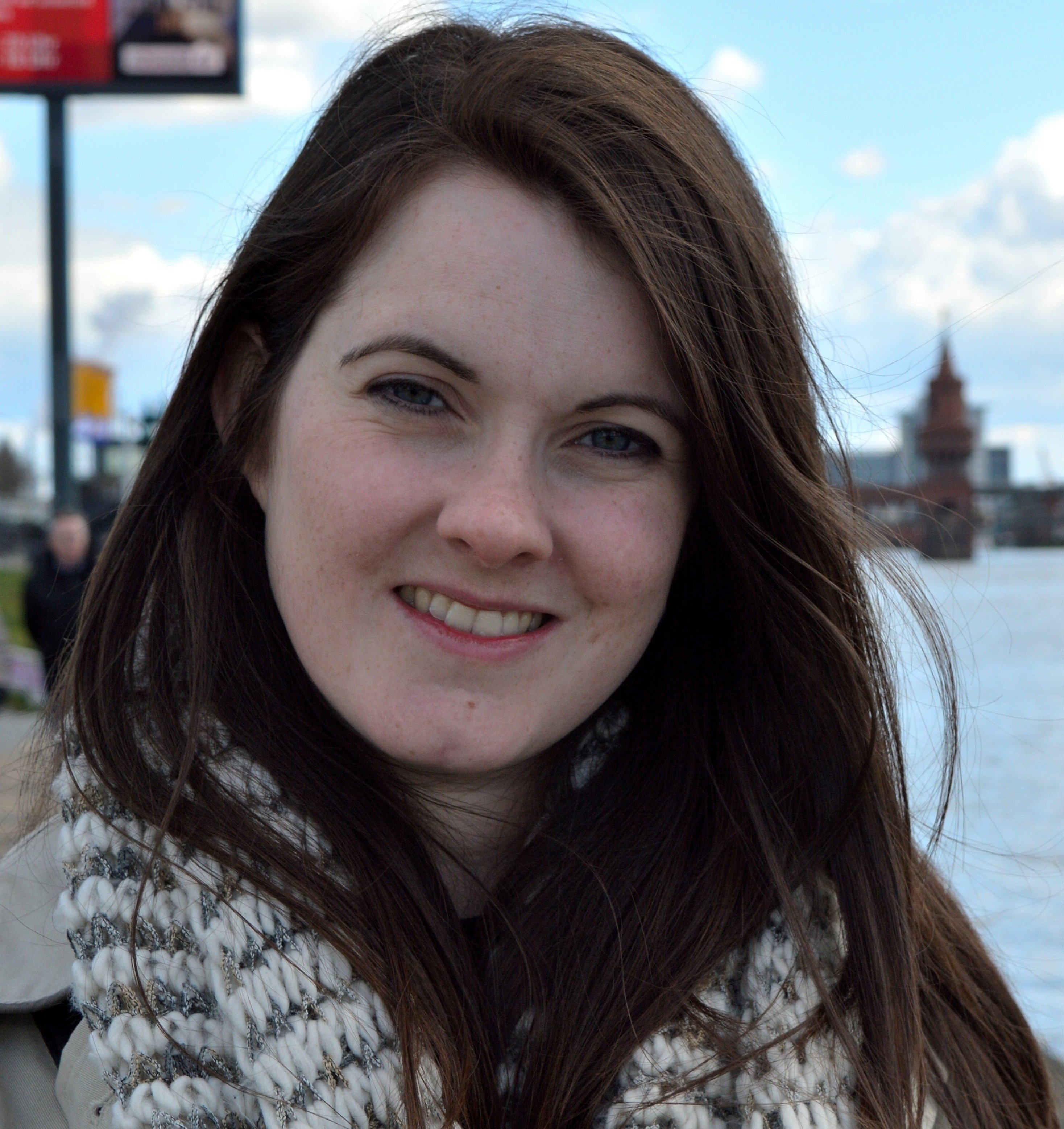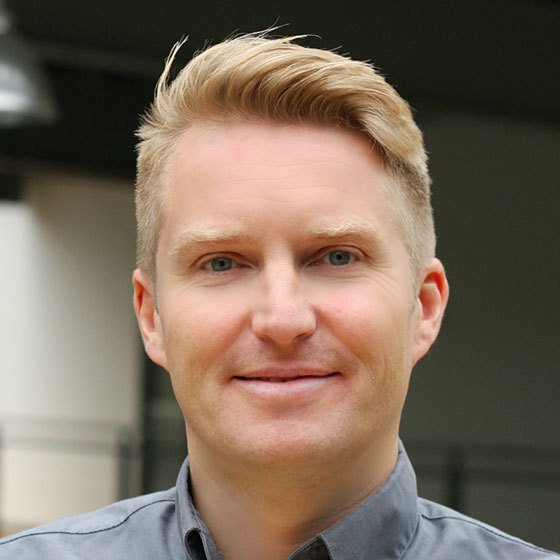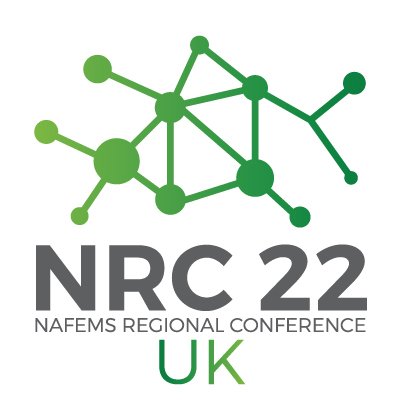A Measure Theoretic Construction of the Finite Element Method
Science and engineering have benefited greatly from the ability of finite element methods (FEMs) to simulate nonlinear, time-dependent complex systems. The recent advent of extensive data collection from such complex systems now raises the question of how to systematically incorporate these data into finite element models, consistently updating the solution in the face of mathematical model misspecification with physical reality. This talk describes general and widely applicable methodology for the coherent synthesis of data with FEM models, providing a data-driven probability measure that captures all sources of uncertainty in the pairing of FEM with measurements.
Mark Girolami is the Chief Scientist of the Alan Turing Institute the UK's National Institute for Data Science and Artificial Intelligence. He was one of the original founding Executive Directors of the Turing, after which he was appointed as Strategic Programme Director, where he established and led the Lloyd’s Register Foundation Programme on Data Centric Engineering. In addition to his role at the Turing he is the Sir Kirby Laing Professor of Civil Engineering at the University of Cambridge where he also holds the Royal Academy of Engineering Research Chair in Data Centric Engineering. Prior to joining the University of Cambridge he held the Chair of Statistics in the Department of Mathematics at Imperial College London. Professor Girolami is an elected fellow of the Royal Society of Edinburgh, he was an EPSRC Advanced Research Fellow (2007-2012), an EPSRC Established Career Research Fellow (2012-2018), and a recipient of a Royal Society Wolfson Research Merit Award. He delivered the IMS Medallion Lecture at the Joint Statistical Meeting 2017, and the Bernoulli Society Forum Lecture at the European Meeting of Statisticians 2017 and in 2020 Professor Girolami delivered the BCS and IET Turing Talks in London, Manchester, and Belfast.
Reimagining Motion – From Simulation to Testing
Reimagining Motion” – this is AVL’s new theme that highlights our commitment to technology leadership in the mobility space. AVL provides solutions in the simulation, in the development, in the testing and in the application of e-mobility, fuel cell, battery, ADAS/AD, Big Data, AI, and embedded systems for all types of vehicles.
This presentation will focus on selected applications where our multi-physics and multi-scale simulation platform is used to build the “virtual prototypes” which allow our customers to master the challenges of speed and complexity.
In January 2019 Dr Roland Wanker became Vice President at AVL Advanced Simulation Technologies in Graz. Previous to this he was Manager of Global Business and has worked at AVL for over 22 years. Roland obtained his PhD in Philosophy and Chemical Engineering from the Technische Universität Graz in March 1999.
Understand airborne infection risks - what can we learn from airflow and risk models?
Over the past two years we have become acutely aware of the role that the environment plays in transmission of respiratory diseases, and how our interactions in indoor spaces determine the risk of infection. Understanding the routes of transmission is challenging, but modelling of aerosols, droplets and indoor airflows can play an important role in identifying mechanisms.
This presentation discusses some of the modelling and simulation approaches that can be used to understand mechanisms for transmission and the effectiveness of mitigation strategies. It will highlight both CFD and quantitative microbial risk assessment models, and consider how they can be used for evaluating engineering solutions such as ventilation and air cleaning technologies.
Professor Cath Noakes is a chartered mechanical engineer, with a background in fluid dynamics. She leads research into ventilation, indoor air quality and infection control in the built environment using experimental and modelling based studies. Since April 2020 she has co-chaired the Environment and Modelling sub-group of the UK Scientific Advisory Group for Emergencies (SAGE) focusing on the science underpinning environmental transmission of COVID-19.
Electromagnetics and Connected Modern Luxury Vehicles
Modern luxury vehicles are connected, autonomous and electrified - to enable these key features cars rely on wireless communication and antennas. Understanding the best design and placement of antennas and cables inside a car is a challenge – but Computational Electromagnetics (CEM) can be used to get the design right first time.
An overview of how EM simulation is used at Jaguar Land Rover will be presented – with insight into cellular and Vehicle to vehicle (V2V) communication and radar placement to support autonomous driving. Electromagnetic compatibility issues related to electrified systems such as battery enclosure design will also be discussed . Lastly, the future challenges that can be addressed by EM Simulation will be highlighted
Dr Emma Kowalczuk has been with Jaguar Land Rover (JLR) since 2015 and is responsible for leading Electromagnetic CAE capability development in the company. A strong focus has been put on antenna placement and design especially with respect to cellular, V2V and broadcast features.
Prior to JLR, she received her M.Eng and Ph.D in Electrical Engineering from Loughborough University and also worked as an electromagnetics application engineer for Computer Simulation Technology, presenting and publishing the benefits of EM Simulation for a wide range of industrial and academic areas.
Manufacturing 2050 - The Evolution to Autonomous Manufacturing
With the rise of Industrial Digital Technologies that underpin Industry 4.0 there is a momentum building towards the development and deployment of intelligent manufacturing systems that initially support decision making of manufacturing engineers, designers and operators but tend ultimately towards full autonomy.
This is a sector rich in human process knowledge and a strong tradition of using physics based modelling and simulation to inform and design high value manufacturing processes and parameters. The fusion of knowledge, modelling with data and analytics forms the foundation for manufacturing system intelligence that can evolve much faster than depending on any one of these three pillars in isolation. Manufacturing becomes a natural vanguard for the development of digital twins, coupling the cyber and the physcial with two way data flows actively controlling the process and evolving model performance.
The talk will cover where we are now, where we are likely to lead and the steps that are taking us there.
Professor Sam Turner is the Chief Technology Officer (CTO) of the High Value Manufacturing (HVM) Catapult. Sam works across the HVM Catapult centres and stakeholders, including government, to develop manufacturing strategy for the UK. He is part of the Made Smarter strategy implementation group led by Juergen Maier and was part of the review team. In this role Sam has chaired the D4I digital industry group, the Through Life Engineering Services (TES) Council and the IMechE Manufacturing Industries Division, The TRIB Infrastructure working group and the Cross Catapult Research & Technology Group. Sam currently leads the cross HVM Catapult Digital and Net Zero teams and strategy development.
He joined the HVM Catapult team in 2017 from his role as CTO of the Advanced Manufacturing Research Centre (AMRC) with Boeing, where he worked on a range of projects and capabilities including the flagship digital facility Factory 2050, machining, casting and composites technology. As a founding member of the AMRC, Sam led the growth of the AMRC’s Machining Group, with successes in delivering impact to UK industry, before moving into the CTO role. Sam has over 20 years’ experience in manufacturing working across the aerospace, steel, defence, automotive sectors.

